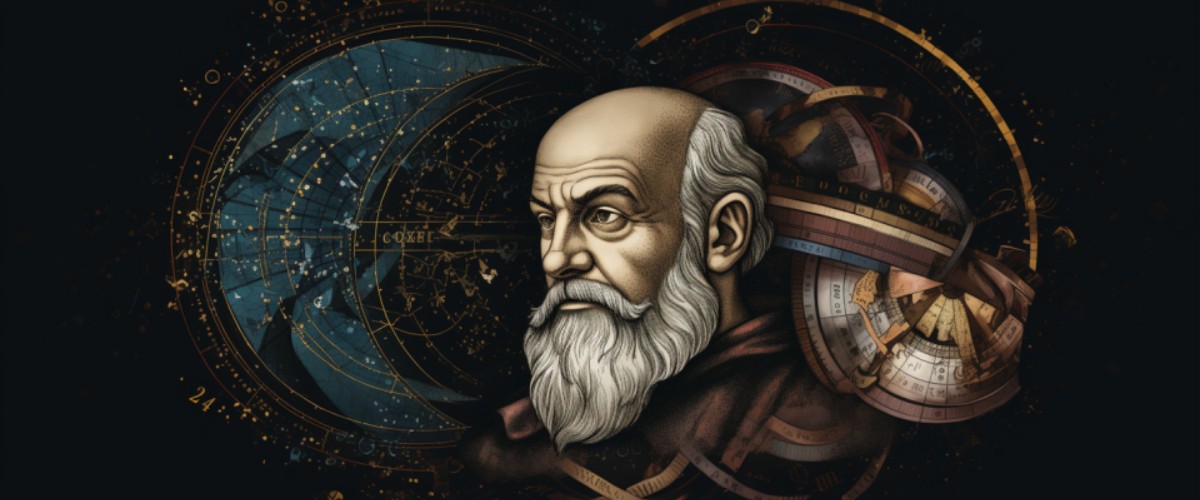The Scientific Revolution, a pivotal period occurring from the 16th to the 18th century, dramatically redefined the contours of knowledge and scientific understanding. A fundamental departure from the medieval worldview, it marked a vigorous resurgence in scientific inquiry, mathematics, and experimental verification, catalysing foundational shifts in how humanity perceived and engaged with the natural world.
Significance in Global Context:
- Upended traditional beliefs, propelling a new empirical and experimental philosophy.
- Underpinned modern science, establishing new paradigms and methodologies.
- Engendered new technological innovations and philosophical inquiries.
Background
Precursors and Catalysts:
- Medieval Stagnation: Prevailing reliance on Aristotelian and Ptolemaic cosmologies.
- Renaissance Influence: A rebirth in classical learning and art sparked curiosity.
- Printing Press: Enhanced dissemination of ideas and knowledge.
Key Personalities:
- Nicolas Copernicus: Advocated heliocentrism, challenging geocentric models.
- Galileo Galilei: Implemented telescopic observations, encountering celestial anomalies.
- Isaac Newton: Established the laws of motion and gravitational theory.
- Andreas Vesalius: Pioneered in detailed anatomical studies.
Major Happenings
- Copernican Revolution:
- Postulation of a sun-centred universe.
- Undermined religious and cultural narratives.
- Galilean Telescope Observations:
- Identified moons of Jupiter, contradicting earthly uniqueness.
- Suggested a less-perfect heavenly realm, as indicated by solar spots.
- Newtonian Physics:
- Introduction of a mechanistic universe, governed by discoverable laws.
- Unification of terrestrial and celestial mechanics.
- Development of Scientific Method:
- Formulation and verification of hypotheses through experiments.
- Emergence of empiricism as a cornerstone of scientific inquiry.
Immediate Outcomes
- Shift in Worldview: Discarding of ancient, geocentric cosmologies.
- Religious Tension: Disparities between scientific findings and religious dogmas.
- Technological Advancements: Progress in engineering and technology, informed by new principles.
- Global Exploration: Scientific innovations aiding navigation and exploration.
Long-term Impact
Influencing Enlightenment:
- Fostered rationalism and empiricism, shaping enlightenment ideologies.
- Encouraged scrutiny of societal norms and governance via a rational lens.
Shaping Modern Science and Technology:
- Established foundational principles underpinning various scientific disciplines.
- Paved the way for industrial, technological, and scientific advances in subsequent centuries.
Altering Philosophical and Ethical Discourses:
- Propelled debates on ethics, knowledge, and existence.
- Encouraged a mechanistic view of nature, generating dialogues on determinism and free will.
Conclusion
The Scientific Revolution, straddling three centuries of prolific intellectual upheaval, indelibly inscribed its legacy across the epochs that followed. Its echoes permeate our contemporary scientific pursuits, technologies, and philosophies, instilling an enduring ethos of empirical inquiry and rational exploration. Reflecting upon its colossal impact, the revolution not merely reshaped our understanding of the universe but also reconstructed the frameworks through which we interpret, interrogate, and innovate within our reality. Thus, while centuries have elapsed, the ripples of the Scientific Revolution persist, continually influencing our intellectual, technological, and philosophical landscapes.








